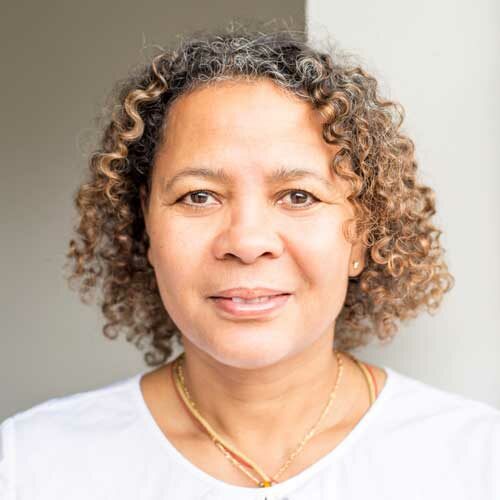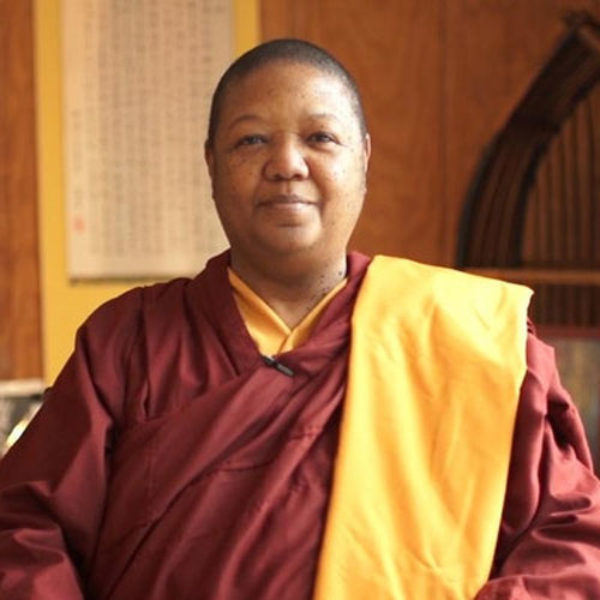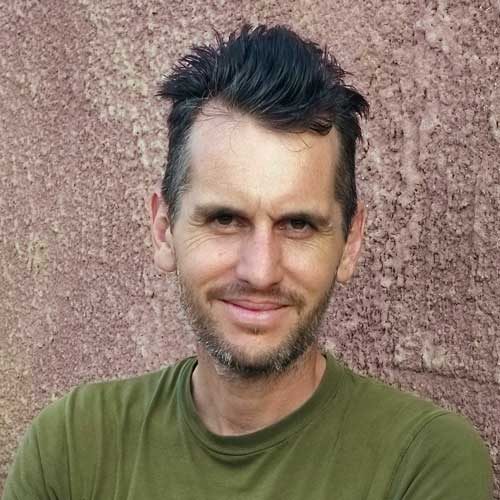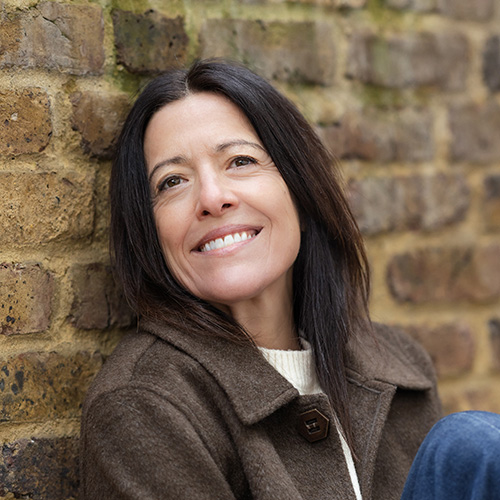Practicing mindfulness together with the four Divine Abidings (loving kindness, compassion, joy and equanimity), we develop our ability to bring relief to even the most challenging moments of our lives. We begin by strengthening our habit to increase our mindfulness as stress increases and then apply the Divine Abiding that is most appropriate for a particular situation. The result is a soothing balm and an increased ability to respond more wisely and effectively on any level from the personal to the global.
With Ayya Santussika recorded on April 21, 2019.
Found our teachings useful? Help us continue our work and support your teachers with a donation. Here’s how.
Discover more from the Dharma Library
-

Lucid Dreaming: Awakening While We Sleep
Recorded :
February 8, 2026 A lucid dream is a dream in which we are actively aware that we are dreaming as the dream is happening. Once we are lucid we gain access to the deepest depths of the unconscious mind which allows us to engage in psychological healing at a level often unattainable in the waking state. And beyond…
-

Daily Meditation Recordings, with Antonia Sumbundu and Christopher Titmuss – Week of 27 October, 2025
We’re delighted to have Antonia Sumbundu guiding our Daily Meditation sessions this week. May these sessions support and deepen your practice.
This week’s theme is: Awakening Courage: Embracing Being, Belonging, and Becoming
A week of morning meditations to awaken the heart’s quiet, natural courage. Through presence, reflection, and stillness, these sessions invite us to rest in being – gently returning to awareness itself; to open into belonging – feeling our inseparable connection with the web of life; and to trust our becoming – the unfolding of wisdom and love through all that we do.
In the rhythm of being, belonging, and becoming, we are invited to live with authenticity, tenderness, and wholehearted courage.
Our Dharma Library thrives through collective generosity. Your donation helps sustain this offering for our entire community.
-

Developing insight into power.
Recorded :
February 21, 2016 The Buddha talked about eight qualities of one who has transformed insight into a power. We examine these eight and apply introspection to assess where we are on the path to awakening and what is needed for completion.
-

Daily Meditation Recordings, with Nathan Glyde – Week of January 25, 2021
We’re fortunate that Nathan Glyde has generously offered to lead our daily meditation sessions for Europe and the UK. To find out more about Nathan, and to view his other contributions to Sangha Live, click here.
-

The Energy of Presence
Recorded :
March 12, 2023 This session explores ways that qigong, a Chinese energy cultivation practice, can deepen our embodied presence. There is discussion, intention-led movement and meditation to help ground our awareness, free up blockages and discover ways to open to our natural vitality. All levels of experience and abilities welcome, and options for limited mobility and seated qigong are shared.
-

Daily Meditation Recordings, with Leela Sarti – Week of April 18, 2022
This week’s theme is “Timeless Presence in Daily Life: Being Yourself, Being at Home”. This week we will be exploring the possibility of being grounded in the depth of timeless presence in the midst of daily life. How to live a full life from silence and emptiness? How can we feel at home in our own skin and in the very circumstances of our life? How can we awaken an awareness and a heart that embraces life, dukkha and beyond? The grace of presence reveals the possibility of settling in reality and living with ease.
-

Being your own physician.
Recorded :
April 17, 2016 Worldwide Insight talk from Ralph Steele: “Being Your Own Physician: Using the Four Noble Truths for Diagnosing, Cleansing and to support Embodiment”. Guided meditation, Dharma talk and Q&A.
-

Joy is Always Available
Recorded :
July 13, 2025 On autopilot, our mind often resists opening to joy with: “But right now in my life, there is …” So we explore what stands in our way of the unexpected ordinariness of joy. We’ll discover how the awakening factor of meditative joy (piti) illuminates our capacity to open to delight and rapture, allowing our hearts…








Discussion